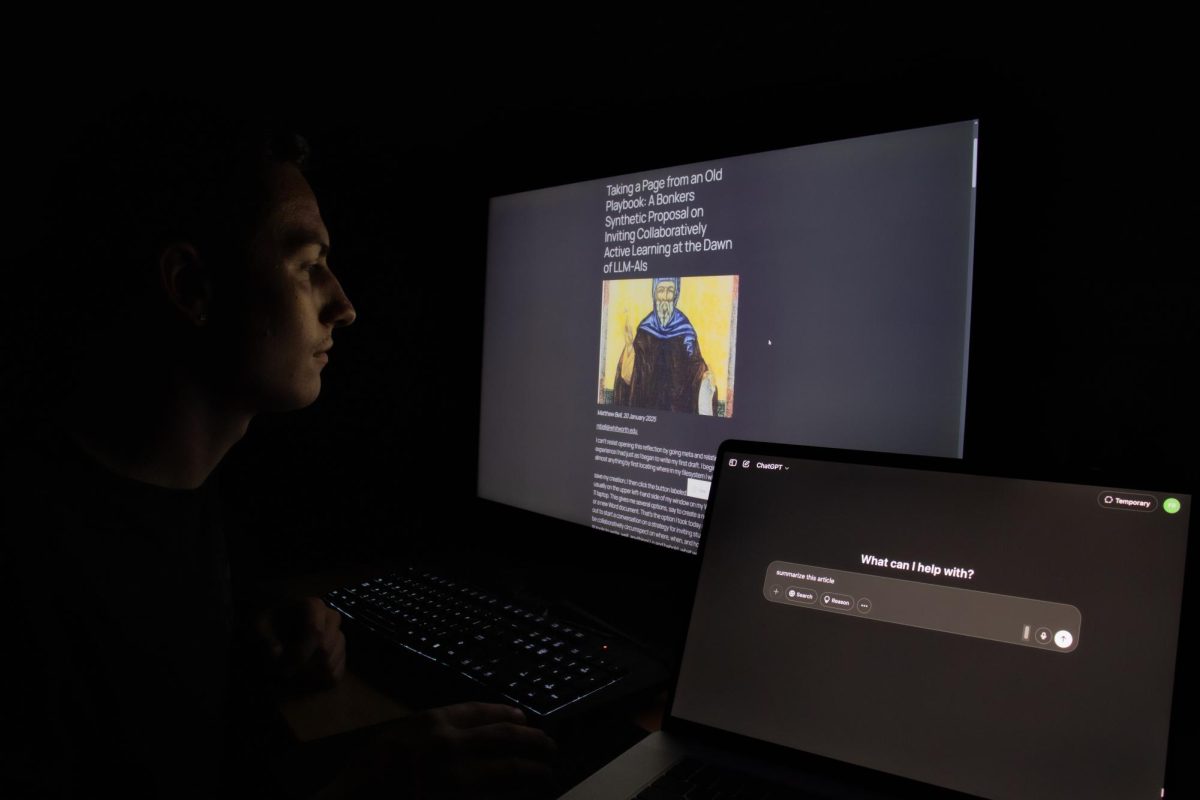Whitworth students can visit the Health and Counseling Center located in Schumacher Hall for many of their physical and mental health needs. Outside of the Health Center staff treating the flu and cold, students can go to the Health Center in search of birth control, pap smears, sexually transmitted disease testing and the Human Papillomavirus vaccination, commonly known as the HPV vaccine.
Students often want to keep these exams private, but when it comes to billing student accounts and insurance, keeping these personal matters away from parents can be challenging for both the students and the Health Center.
Senior biochemistry major Joy Pendell is one such student who decided to get the HPV vaccine before she graduated as a preemptive precaution despite its potential to cause problems with her family.
“I decided it would be a wise decision at this age to get the HPV vaccination; however, my parents for religious reasons are very opposed to this vaccination,” Pendell said.
Pendell decided to put her health ahead of her parents’ wishes and used the resources at the Health Center to get an HPV vaccination and pay for it on her own. However, unaware that she could pay at the Health Center with cash or check, she allowed the charge to go to her student account. Though she paid the bill at the student accounting services office shortly after, Pendell’s parents still received a notice about an outstanding balance on her account, the charge noted, “Health Center: injection.”
Despite not specifically saying HPV vaccination, the bill still opened the door for questions that Pendell wasn’t ready to answer.
“It caught me by surprise, and I had a choice, to lie to them or admit to them that I got the HPV vaccination,” Pendell said. “There was no cover story.It is an expensive injection; there was nothing else that it could have been.”
She added that she believes making this choice will affect her parents’ decision to help support her after graduation.
Though what Pendell experienced is rare, Health Center registered nurse Leann Dettmann emphasizes that health care is expensive and before students come to the Health Center they should know what they want to do about health insurance and billing. However, Dettmann wants students to know that the Health Center is there for them and that their health should come first even when it comes to dealing with their parents’ expectations.
“It is very important to all of us at the Health Center for students to feel like this is a safe place to come,” Dettmann said. “We delve into difficult questions and topics that we need to have truthful answers to, and we want students to feel comfortable.”
Pendell believes that the Health Center was right in providing her with the vaccine and doesn’t blame them for her current situation with her parents; however, she would like to see a change in the billing practice so students can be assured greater privacy.
“The staff at the Health Center was very kind and professional, I appreciated how they handled my situation,” Pendell said. “What I would like to see done would be for the university to create a new policy for Health Center billing, maybe having bills say something different besides Health Center.”
Health Center charges are billed to student accounts using generic terms such as injection, medicine or exam, but no further information is given to accounting services about what goes on in the Health Center, student accounting services manager Darla Freeborn said. Freeborn adds that the generic terms are necessary to separate out what the university has to pay in taxes to Washington State. Employees in accounting services never see bills attached to student names or ID numbers and all online billing is automatic so employees never know what belongs to which student.
Most student billing is online now, and bill notifications are sent to the email address the student selects in his/her e-packet at the beginning of each year, Freeborn said. Approximately 100 students (including Pendell) still receive billing in the mail, a preference students can change any time.
However, with most students’ parents paying the majority of their bills, denying parents access to billing information by having it sent to the student directly could cause the students problems, highlighting the precarious position college students are in between childhood and adulthood.
It is possible for students to pay for the Health Center service with cash or checks at the Health Center when they go in for their appointment. Waiting until bills go to accounting services guarantees that charges will show up on the e-statement even if it is paid off quickly.
Students who are getting lab work done for STD testing or pap smears can assume that insurance will bill their parents, again with the generic term, “lab work,” unless they choose not to use insurance and have the bill sent to their on or off campus residence directly, Dettmann said.
The codes used for Health Center billing are already generic but more generic terms may be necessary, Freeborn said.
Dettmann tries to make students as aware of the billing situation as possible when they come into the Health Center so they can make the best decision. However, she encourages students that when it comes to health they can choose to keep their privacy, even from their parents, in telling them what the charges are for.
“No one is going to tell them—not the Health Center, not account services, not the university, the lab, the insurance, what the specifics are,” Dettmann said. “That is for the student to decide. We really are protective when it comes to confidentiality.”







 Spokane?
Spokane?